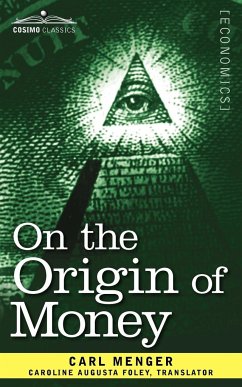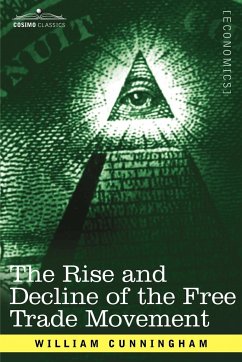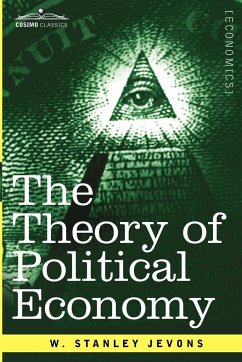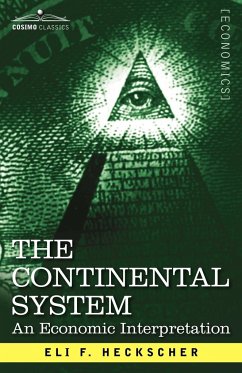
The Peasant War in Germany
Versandkostenfrei!
Versandfertig in 1-2 Wochen
17,99 €
inkl. MwSt.
Weitere Ausgaben:

PAYBACK Punkte
9 °P sammeln!
"This book undertakes . . . to prove that the political and religious theories were not the causes [of the conflict], but the result of that stage of development of agriculture, industry,... commerce and finance, which then existed in Germany." -Friedrich Engels, The Peasant War in Germany The Peasant War in Germany (1926) is a commentary that Friedrich Engels wrote after a series of revolutionary uprisings that occurred in Europe in 1848-1849. In it He reflected on their similarities to a sixteenth-century conflict known as the German Peasants' War (1524-1525). His objective was to call atten...
"This book undertakes . . . to prove that the political and religious theories were not the causes [of the conflict], but the result of that stage of development of agriculture, industry,... commerce and finance, which then existed in Germany." -Friedrich Engels, The Peasant War in Germany The Peasant War in Germany (1926) is a commentary that Friedrich Engels wrote after a series of revolutionary uprisings that occurred in Europe in 1848-1849. In it He reflected on their similarities to a sixteenth-century conflict known as the German Peasants' War (1524-1525). His objective was to call attention to the fact that the earlier uprising was not just religious but also socio-economic. Thanks to the failure of both revolts, Engels argued that the working proletariat and the working peasantry needed to join forces if they hoped to overcome the strength of the middle class.












